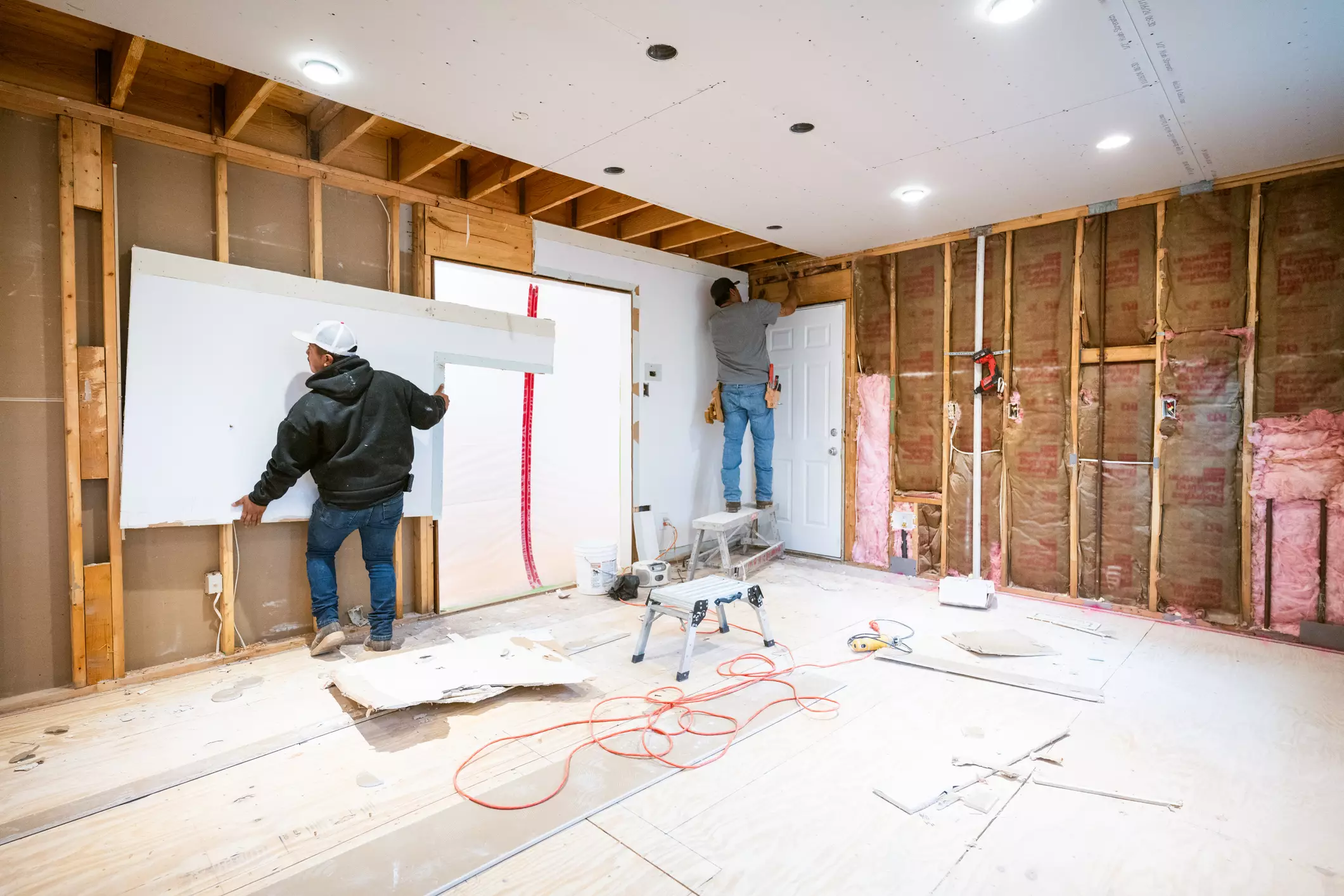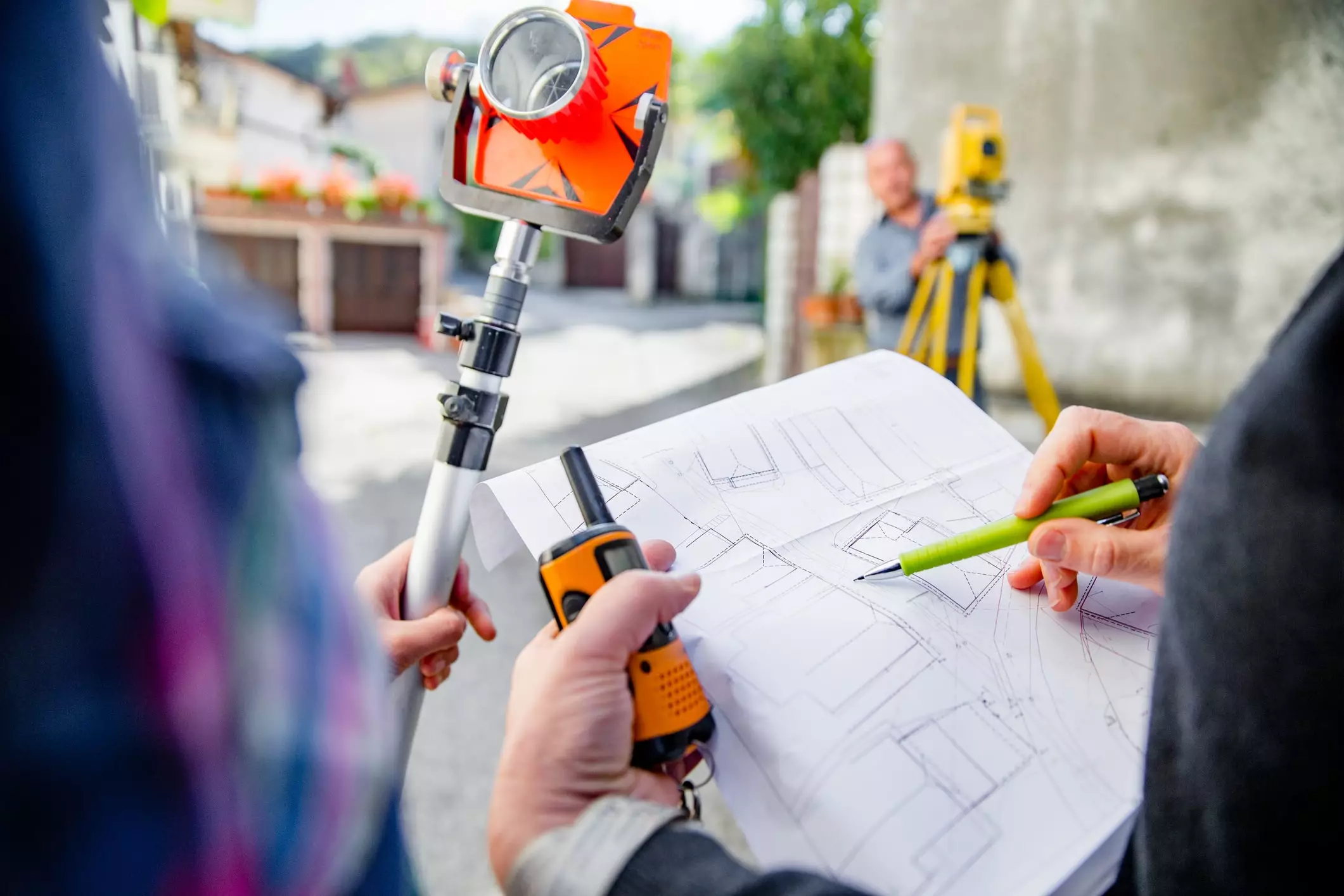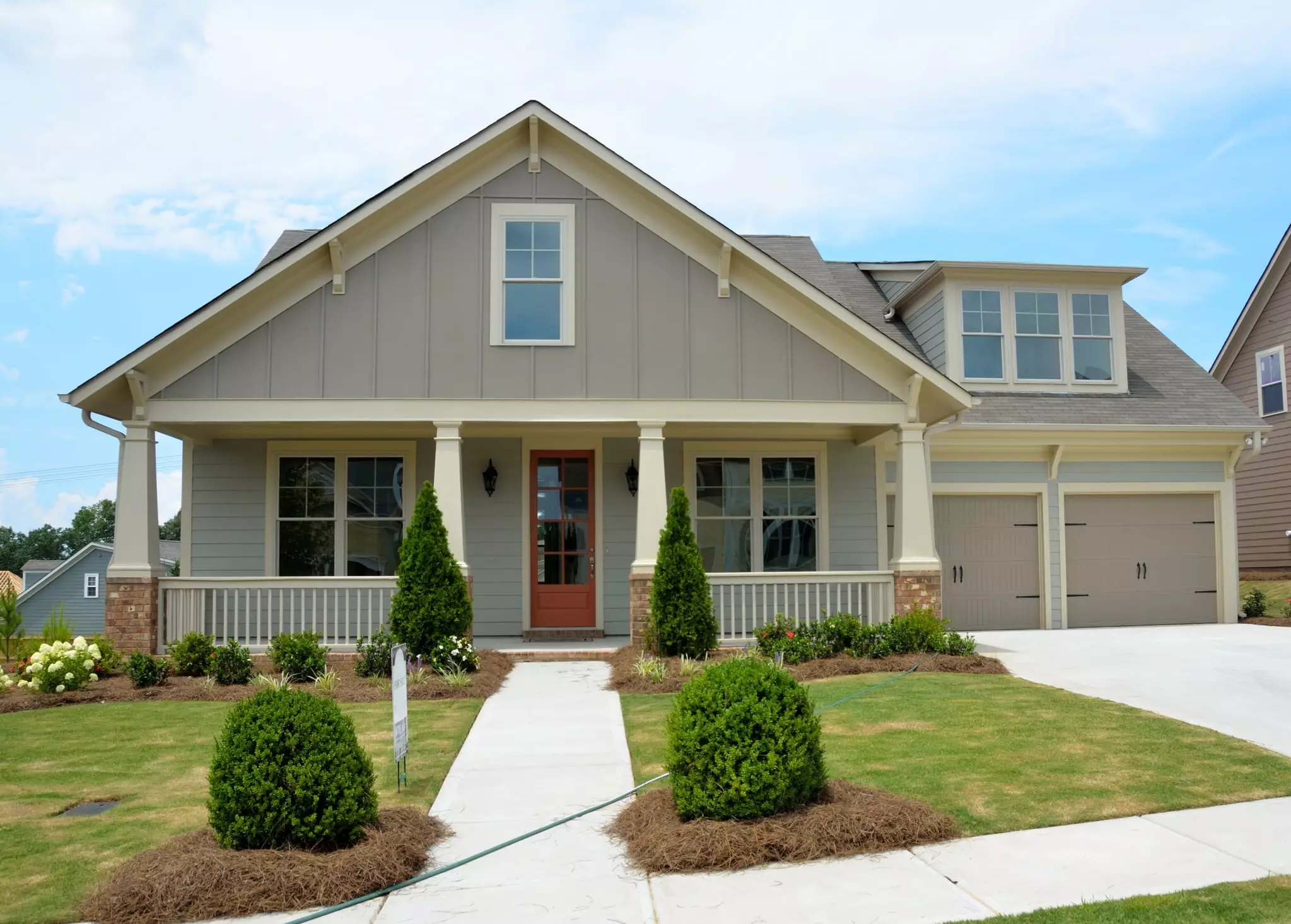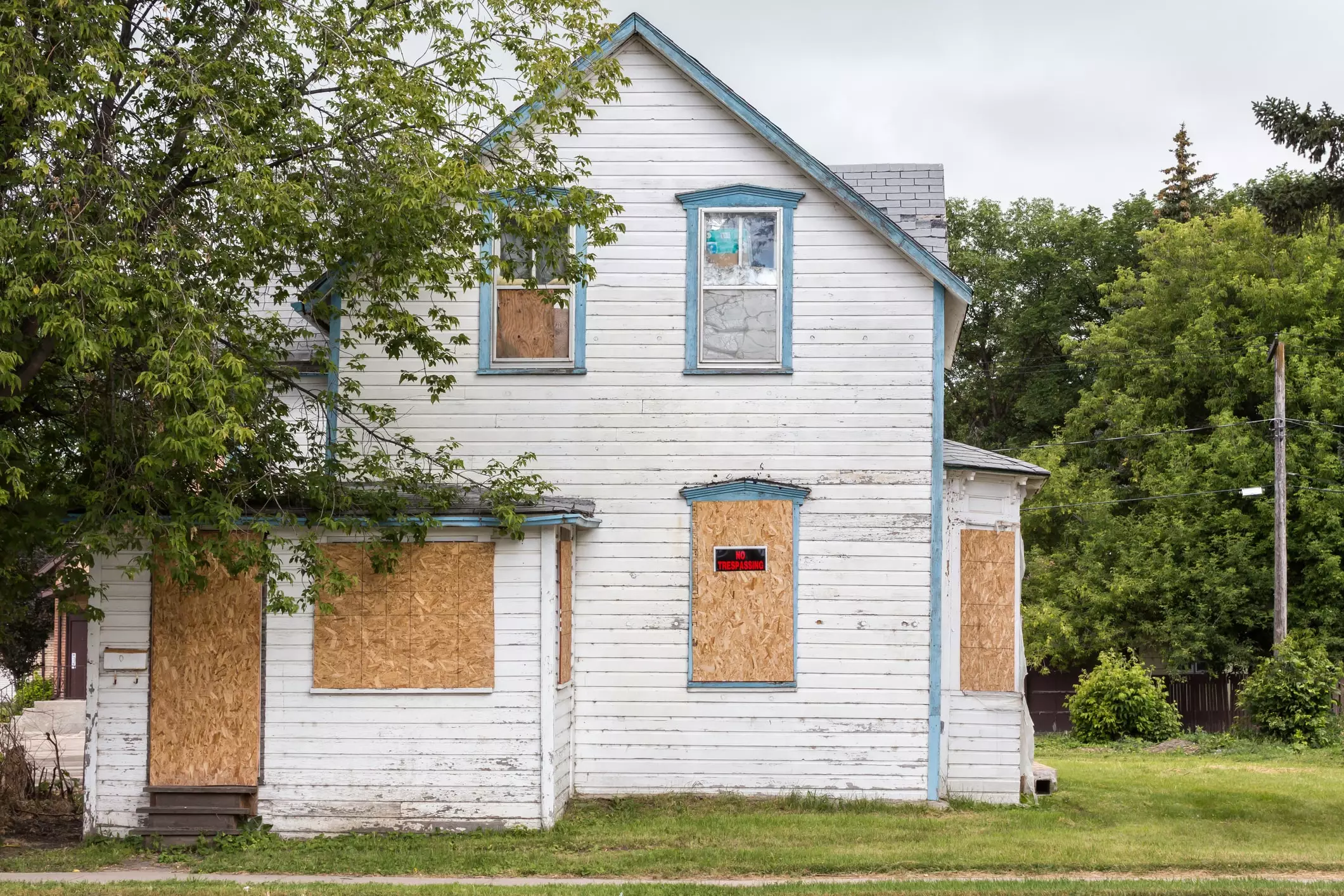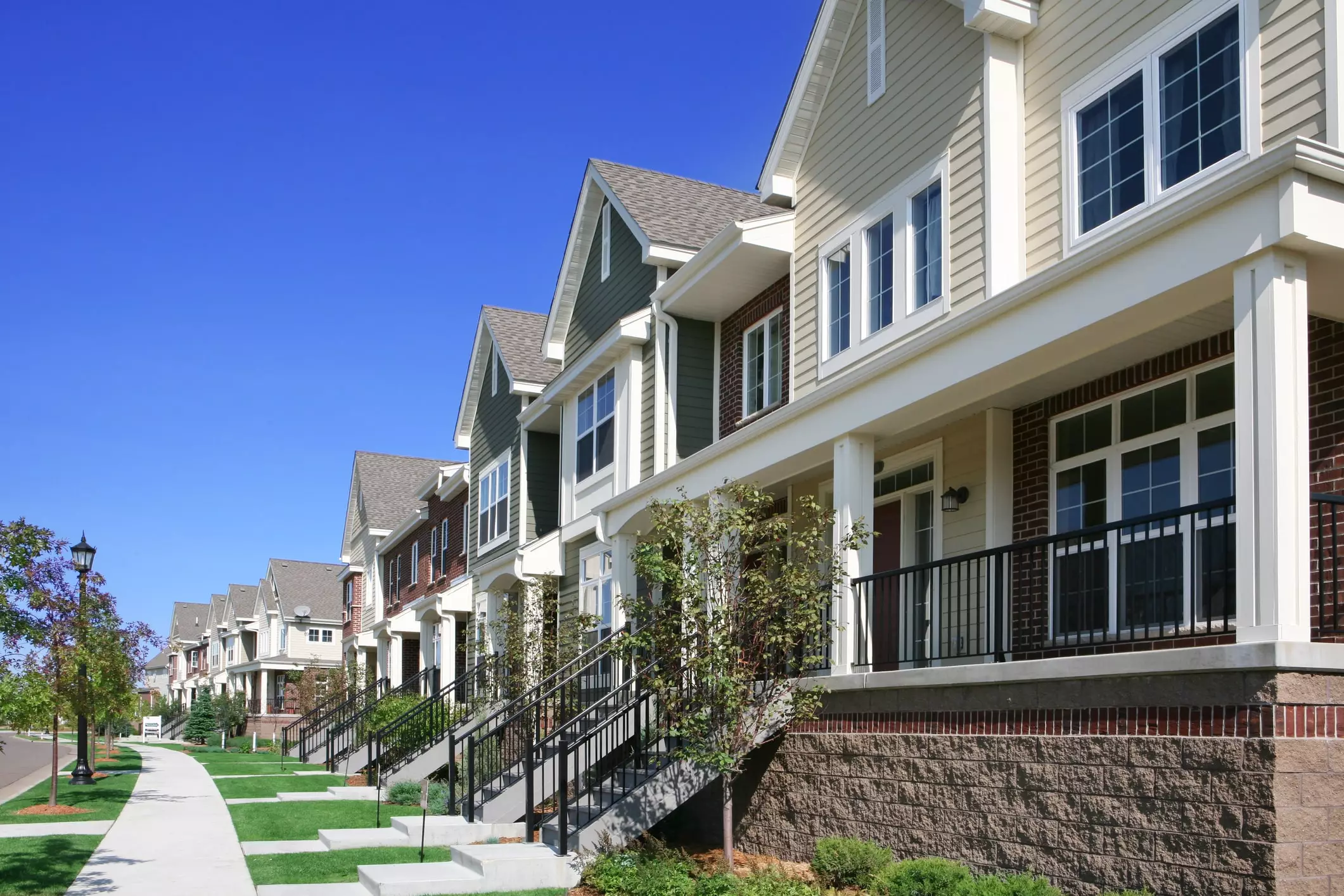Buying Vs Renting: Why Might People Choose to Rent a Home Rather Than Buy a Home

Choosing to rent or buy a home is a major decision with a potentially significant impact on your finances, lifestyle, health, and future planning. This is a decision you should not make haphazardly but one made carefully considering the pros and cons of either option.
While buying a home may provide a feeling of stability and community, renting indicates that you have no long-term housing responsibilities and are not tied down.
So, why choose buying over renting and what are the financial, lifestyle, and situational factors influencing this choice?
Understanding the Difference: Renting vs Buying a House
Many factors come into play when considering owning or renting a home. For instance, if your job requires you to move around often, you may consider renting as that is more flexible than owning a home.
Conversely, if you plan to live in a particular location for a long period or your job requires you to remain in a specific city for several years, buying a home may be a great choice.
Before making a decision, you can first find and contact homeowners in the area to gain insights into property values, neighborhood benefits, and potential challenges. Understanding their experiences can help you make an informed decision tailored to your needs.
There is no one-size-fits-all approach to what kind of home you should have: rented or purchased. Your choice depends on your circumstances and what you prioritize.
Pros of Renting a House
- Flexibility: If you are working a job that requires you to move around a lot, renting a house makes it easier to move quickly. Should you lose your job, it is easier to give your landlord notice, and secure a smaller house to move into.
- Less Responsibilities: Another advantage is that a renter has fewer responsibilities in maintaining or keeping the house, as the burden of property maintenance and repairs falls on the landlord. This saves renters money as they do not have to pay for appliance replacements or broken water heaters. Lawn care, landscaping, and related costs are also covered by the landlord or homeowner and not a renter.
- Access to Luxurious Amenities: Renting a home may sometimes mean you have access to amenities that would have been expensive to install and maintain in a personal home. For instance, installing and maintaining an in-ground pool or fitness center may be costly and financially impracticable for you. However, if you choose to rent a home, you may enjoy these luxuries for the rent period.
- Lower Insurance Costs: Although both renters and homeowners may require an insurance policy, a renter's policy is cheaper, as it only covers the items owned by the renter within the rented property. Typically, the insurance policy for renters costs no more than a few hundred dollars. Conversely, the policy issued to a homeowner will cover the entire property and may run into thousands of dollars.
Cons of Renting a House
- Rent increases: Landlords may decide to increase the rent fees charged to renters, meaning that the annual budget for renters may be uncertain. Not being able to plan on a certain budget may introduce certain financial difficulties and challenges for a renter. Also, a rapid increase in real estate valuations may mean that landlords similarly increase rent prices.
- Limited Customization: If you do not own the property on which you live, there are serious restrictions on the kind of alterations or personalization you may make to the house to make it more visually appealing or include luxurious amenities. Some landlords may even forbid the use of nails in the walls or another paint color on the interior and exterior of the house.
- No real path to ownership: Paying monthly on rent offers no real financial incentive as there is no equity or rising property value. Even though you are spending money on housing, you may feel like you are not making progress with your money compared to being a homeowner, where your mortgage payment will eventually stop when you offset the payment and own the home.
Before renting a property, it's also a good idea to check the property deed. This ensures that the landlord has legal ownership of the property and the right to lease it. A property deed check can help renters avoid scams or disputes and provides peace of mind when signing a rental agreement.
Financial Factors: Why Renting Can Be More Affordable
Considering the rapidly rising cost of home ownership, renting a house may be the more affordable option due to the following factors:
- Upfront Costs: One obvious difference between renting a house and buying one is the upfront costs. The upfront costs for renting a house are lower than those for purchasing a house, as it typically requires only a security deposit and one or two months' rent.
A significant investment is required to buy a house. As much as 20-30% may be required in upfront cost or down payment, potentially rising up to tens of thousands of dollars. Hence, for many, buying a house is not feasible, except they are able to access certain special loans.
- Monthly Rent vs. Mortgage Payments: Renting or buying a house typically requires a monthly payment, either in rent fees or mortgage. Hence, the first step in deciding on whether to rent or purchase a house is to decide how much you can comfortably spend on housing.
Although rent fees may increase over time, renters often have a predictable monthly fee payment. On the other hand, while mortgage payments may be fixed, homeowners may pay additional fees like maintenance, homeowner’s insurance, and private mortgage insurance in some cases.
For example, buying a home in different states can vary significantly. Buying a home in California, where property prices are among the highest in the nation, buyers must account for larger down payments and higher property taxes. Conversely, buying a home in Texas, while property taxes may still be high, the absence of state income tax can balance costs. Understanding these regional differences can help you make an informed decision based on your financial situation and long-term goals.
- Avoiding maintenance costs and property taxes: When you rent a home, you do not have to worry about repair or maintenance bills, as the landlord bears the costs. For instance, if your roof starts to leak or the air conditioner or heating system malfunctions, you do not have to spend on repairs, as the landlord is responsible for attending to renovations and maintenance.
In addition, in many cases, when you own a home, you must pay property tax on it. This tax may be fine when you are on the job. However, paying real estate tax may become a huge burden if you lose your job and go bankrupt. In some instances, property tax may reach up to thousands of dollars every year. By renting a property, you can avoid paying huge fees in tax.
Tax Benefits of Renting a House
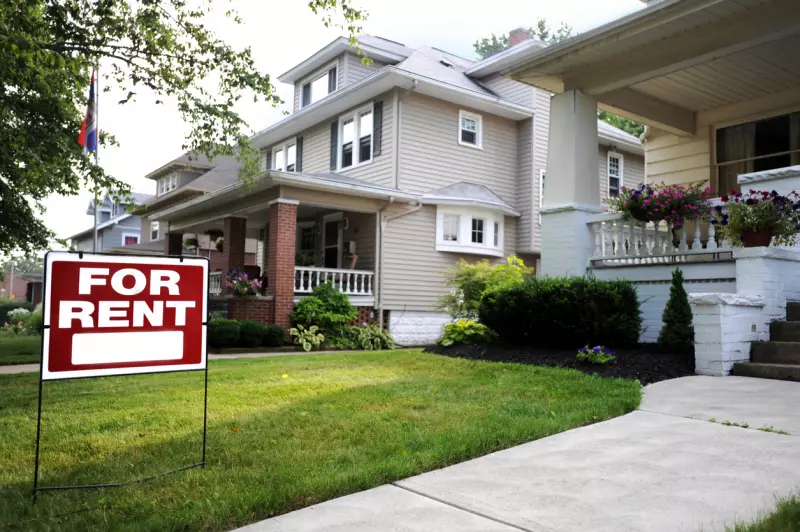
If you own a home, you stand to enjoy some benefits on the property, such as mortgage interest deduction or property tax deduction. Mortgage deductions allow you (if you are a homeowner) to remove the interest paid on loans used for the purchase up to a specific amount.
This deduction may be significant for you, especially in the early years when interest payments are higher. Typically, home buyers with high incomes are likely to view mortgage interest deductions as substantial savings on their payments.
If you're planning to rent a home, you can also check and review the lien history of the property. Understanding whether the property is tied to any financial obligations can help ensure you’re entering a rental agreement with clear expectations and avoid potential complications.
Also, if you reside in a high-tax area, property tax deductions afforded to home buyers on their primary residences and other real property may be significant (up to $750,000). Additionally, homeowners can calculate property taxes based on their local tax rate and the assessed value of their home, helping them budget more effectively. Homeowners may also enjoy a capital gains exclusion on a primary residence, which will not be available to renters.
When a homeowner sells a primary residence, they may exclude up to $250,000 ($500,000 for a married couple) in capital gains from taxable income as long as they lived there for at least two out of the previous five years. This exclusion may be a huge financial benefit, especially if the property has appreciated significantly.
Overall, tax incentives make buying a house more attractive if you expect the property to experience a significant appreciation in value and plan to own the property long-term.
Also, if you are in a higher tax bracket and the specified deductions are higher than the standard deductions, consider buying a home rather than renting one. If you plan to move into a house and stay there for a short period and mortgage rates are low, then the tax incentives are not likely to be significant enough to consider buying a house. In that case, renting a house may be the better option.





